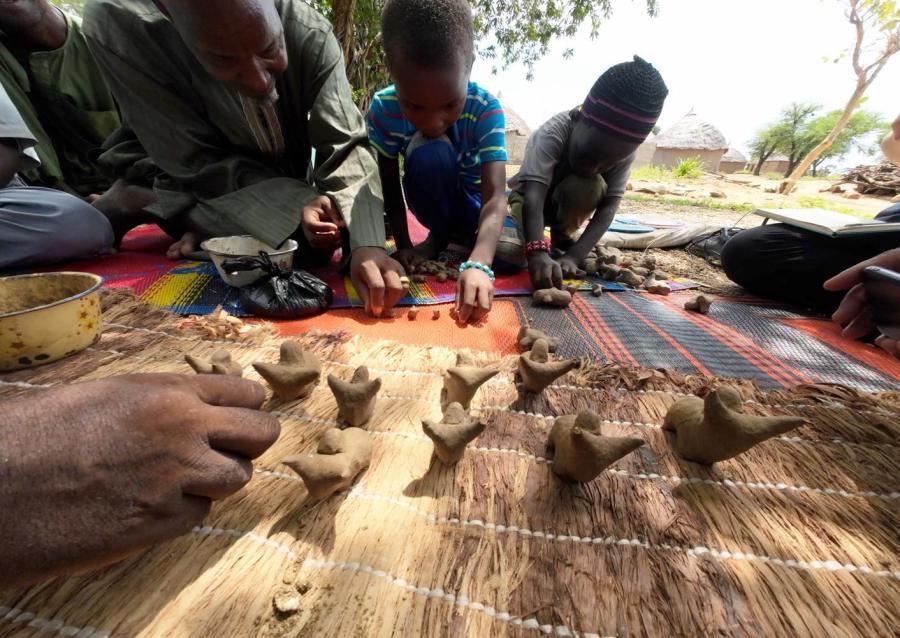
New evidence uncovered by the Oakland Institute shows that the US government may have played a role in Cameroon's extending a concession to American palm oil company Herakles Farms in 2013.
The company, under the guise of sustainable forestry, planned to convert 73,000 hectares of ancient rainforest in Cameroon into a palm oil plantation in southwest Cameroon. Beginning in 2012, communities, along with local and international organizations including Cultural Survival, exposed Herakles for violating local laws as well as international human rights standards, including the communities' right to Free, Prior and Informed Consent before any development takes place on their traditional lands. Local communities who relied on their lands for subsistance farming and small scale palm oil harvesting were pressured, bribed, and intimidated into selling their land, and now remain disenfranchised. New reports from Greenpeace and the Oakland Insitutue show that despite knowing that SG Sustainable Oils Cameroon (SGSOC) was aware that representatives may have violated the Foreign Corrupt Practices Act, high-ranking State Department officials lobbied the Cameroonian government to re-issue a land lease after the company's project was suspended for illegality of its contract.
Read the Oakland Insitute's report, "Backroom Bullying: The Role of the United States Government in the Herakles Farms’ Land Grab in Cameroon"
“It was shocking that President Biya signed the decrees despite the mountain of evidence exposing the vast social, economic, and environmental consequences of the project,” commented Frederic Mousseau, Policy Director at the Oakland Institute. “We now know that behind the scenes, US government officials were applying serious pressure to the Cameroonian government to grant Herakles Farms the land.” Using information obtained through a Freedom of Information Act request the report reveals the bullying tactics of the US government. It also exposes the blatant contradictions between the US government’s support to Herakles Farms and US-funded projects to protect the environment, the wildlife, the forest, and to fight illegal logging in Cameroon; and that the Cameroonian government was sympathetic to and concerned about local opposition to the project, suggesting that US pressure may have been a critical factor in the decision.
Beginning in 2013, Herakles has harassed environmental defenders organizing against the project, pressing outlandish charges of defamation and unlawful assembly against Nasako Besingi, director of SEFE, a local environmental organization.
Now, many communities in the area whose lands were taken without Free, Prior and Informed Consent are demanding their lands be ceded back to them. Greenpeace Cameroon's new report shared the story of Adolf Ngbe Ebong, a 62-year-old retired policeman living in Babensi II, who owned a four hectares farm, that was cleared between 2013-2014. “SGSOC came in Nguti, they said they wanted to open a palm plantation, and we all vehemently refused. One day, I came in my farm and I found out that everything has been felled down, they bulldozed everything, and my four hectares were gone. It was my forest that was supposed to help me on my retirement to take care of my family but today, I have no place. We are all crying here, and we don’t know how we can be rescued. We tried to meet the SGSOC people, and they said that our neighboring village gave them this land. Are they not supposed to try to find out whom this land belongs to? Everybody here knows the boundaries… I feel like dying, I have nothing else but this land.”
This coming November 2016, the company's three-year trial lease will be expiring and the government of Cameroon must decide whether or not to renew the lease, this time for another 99 years. “By exposing the dubious tactics of the US government, we hope that Cameroonian officials will side with the people and bring an end to this project that remains unfavorable to the people and the economy of Cameroon,” explained Mousseau.


